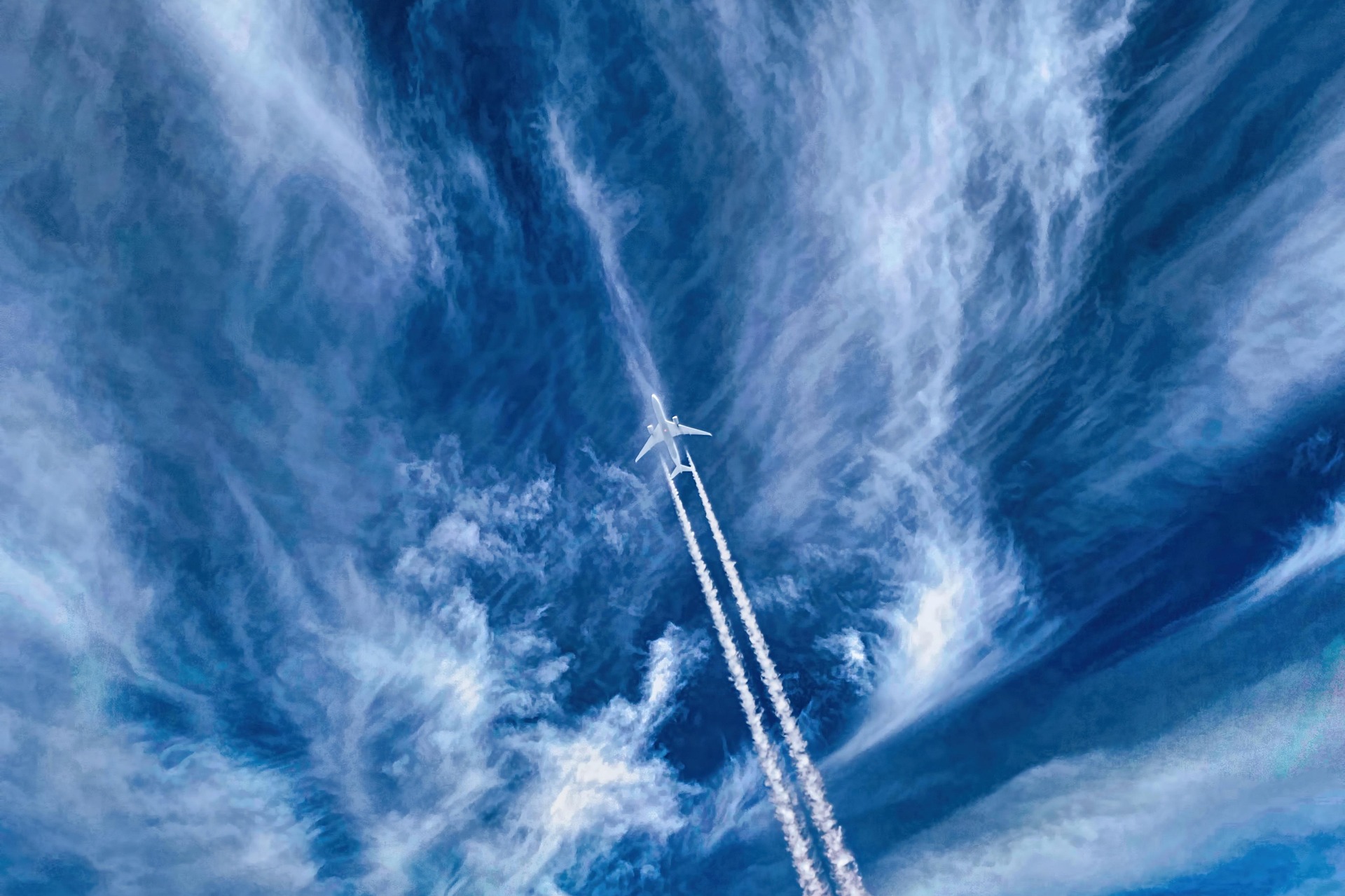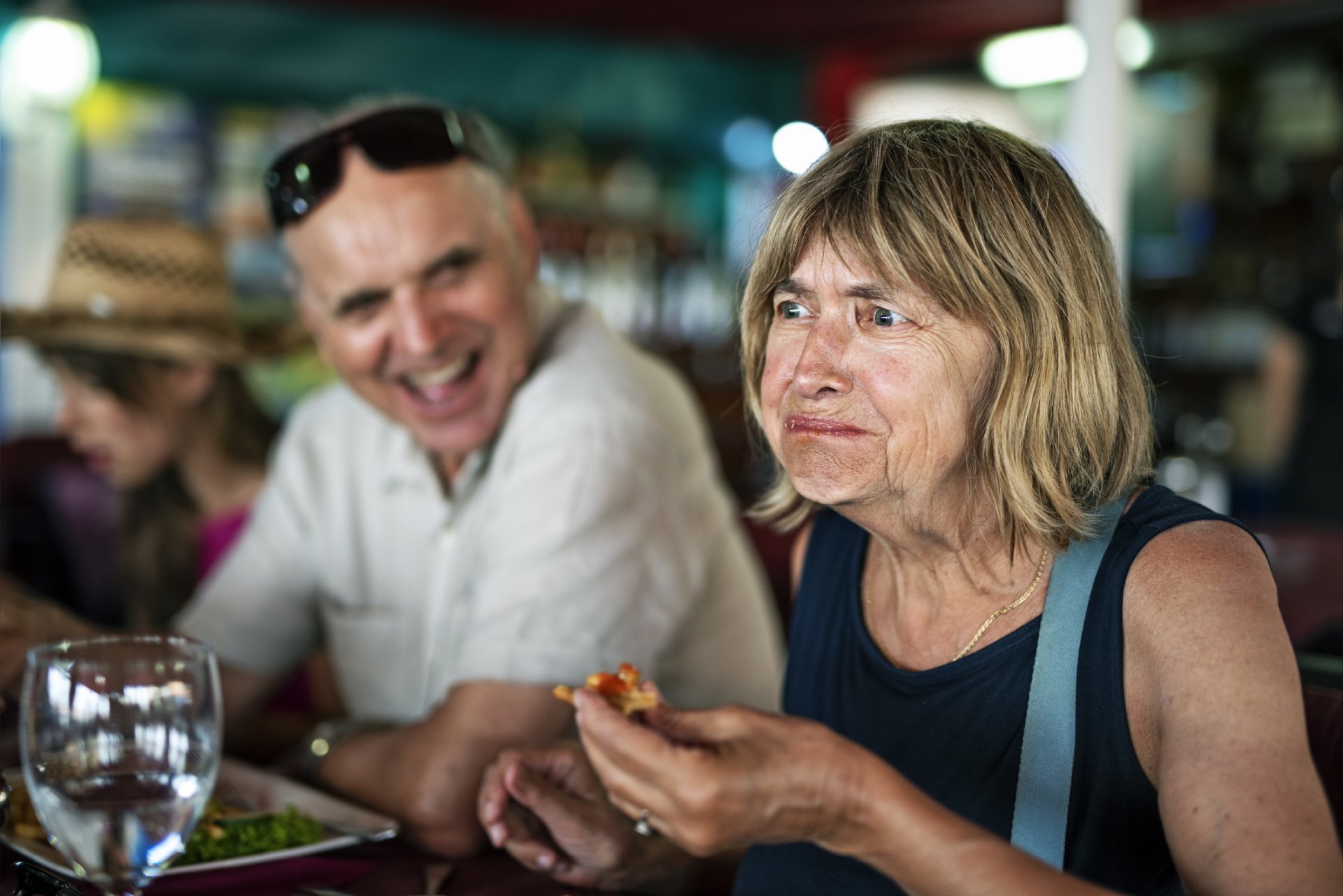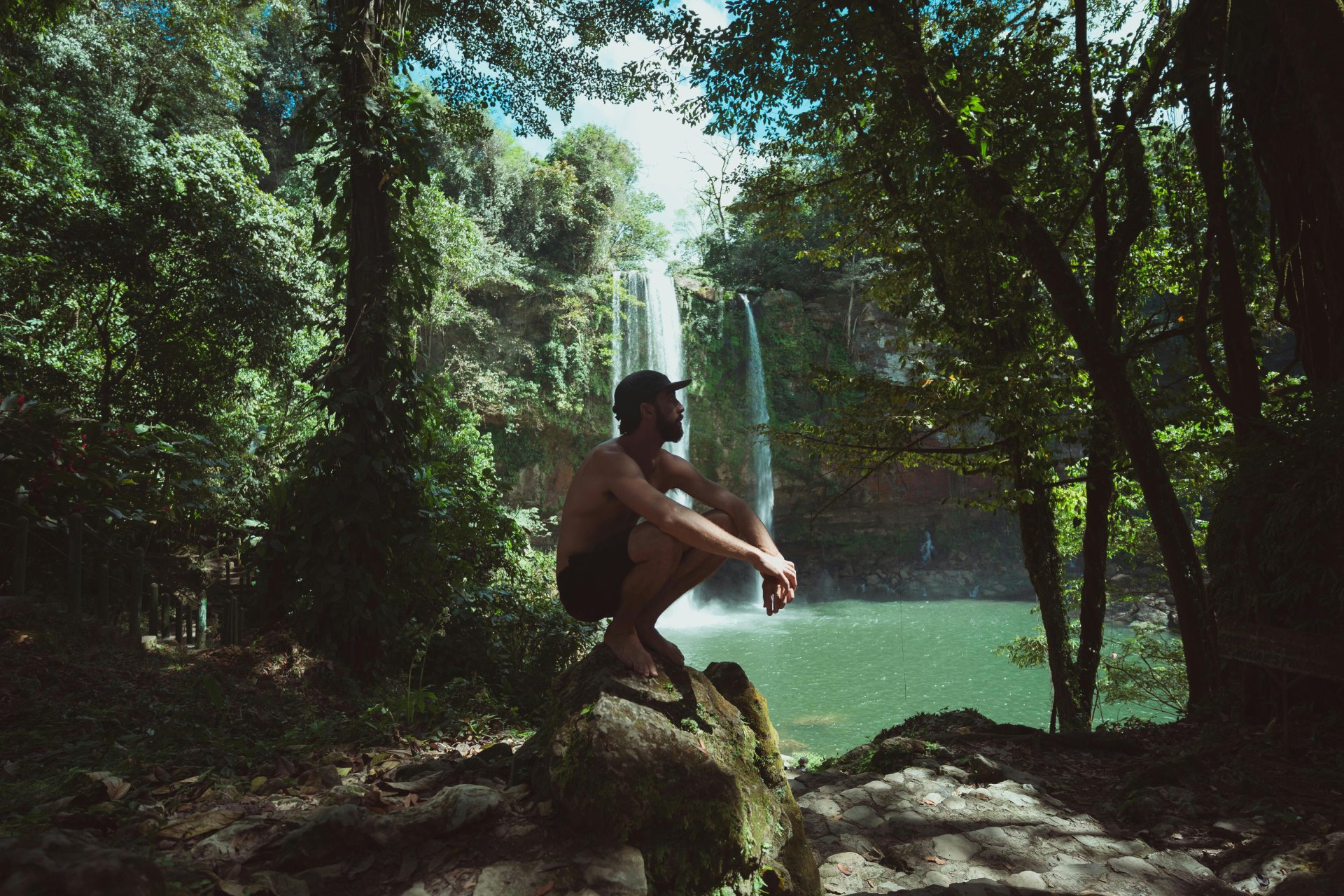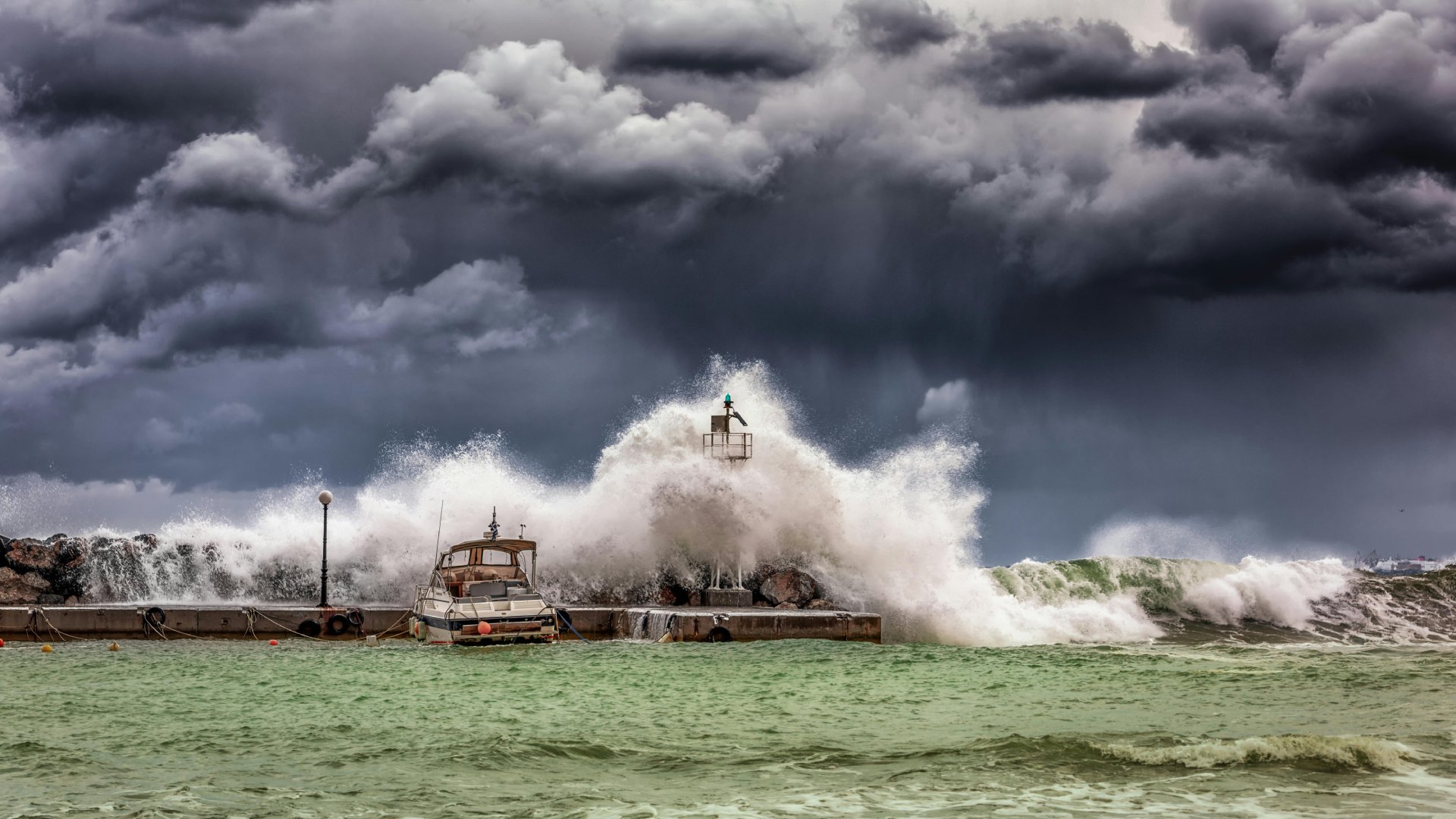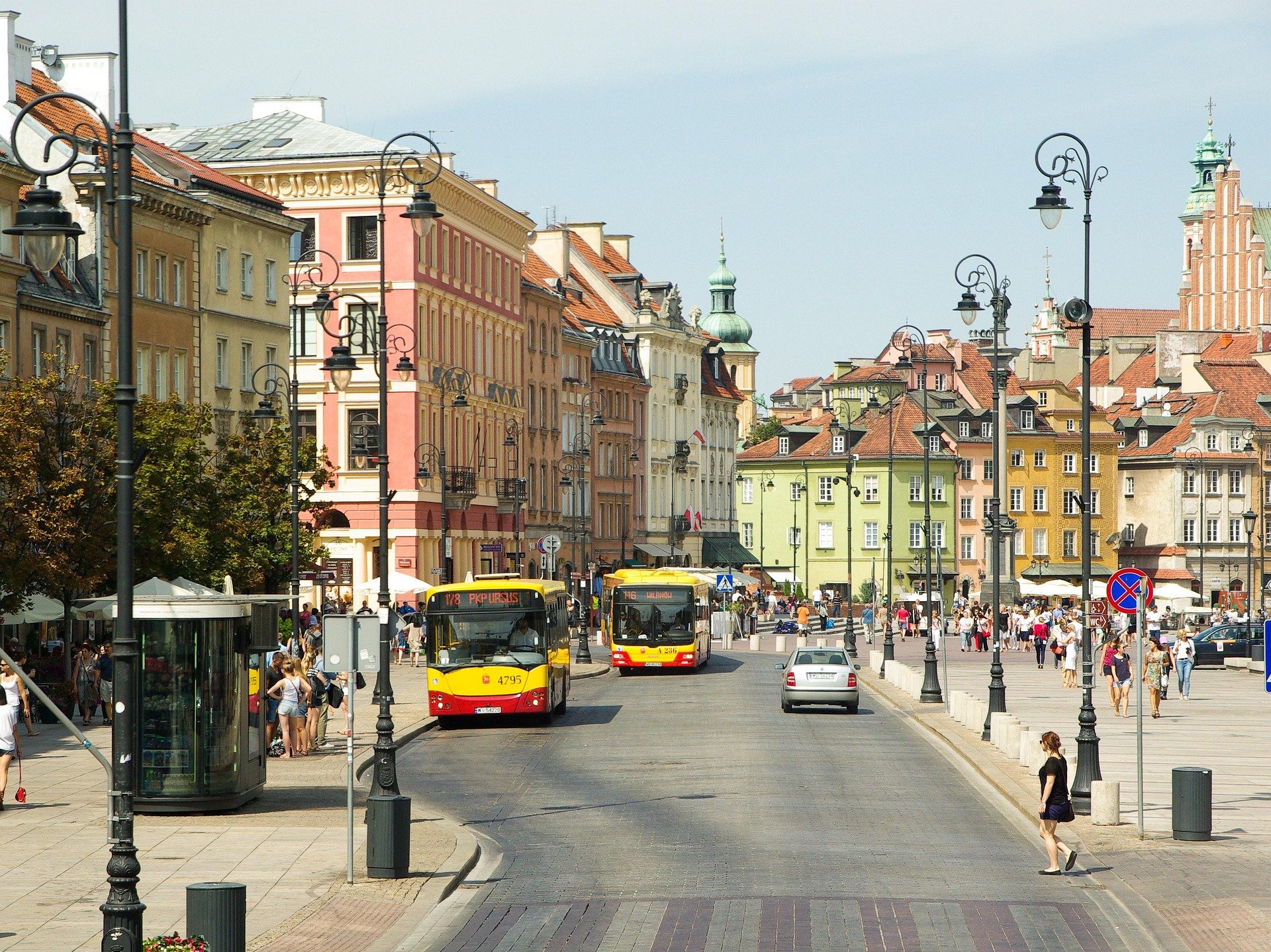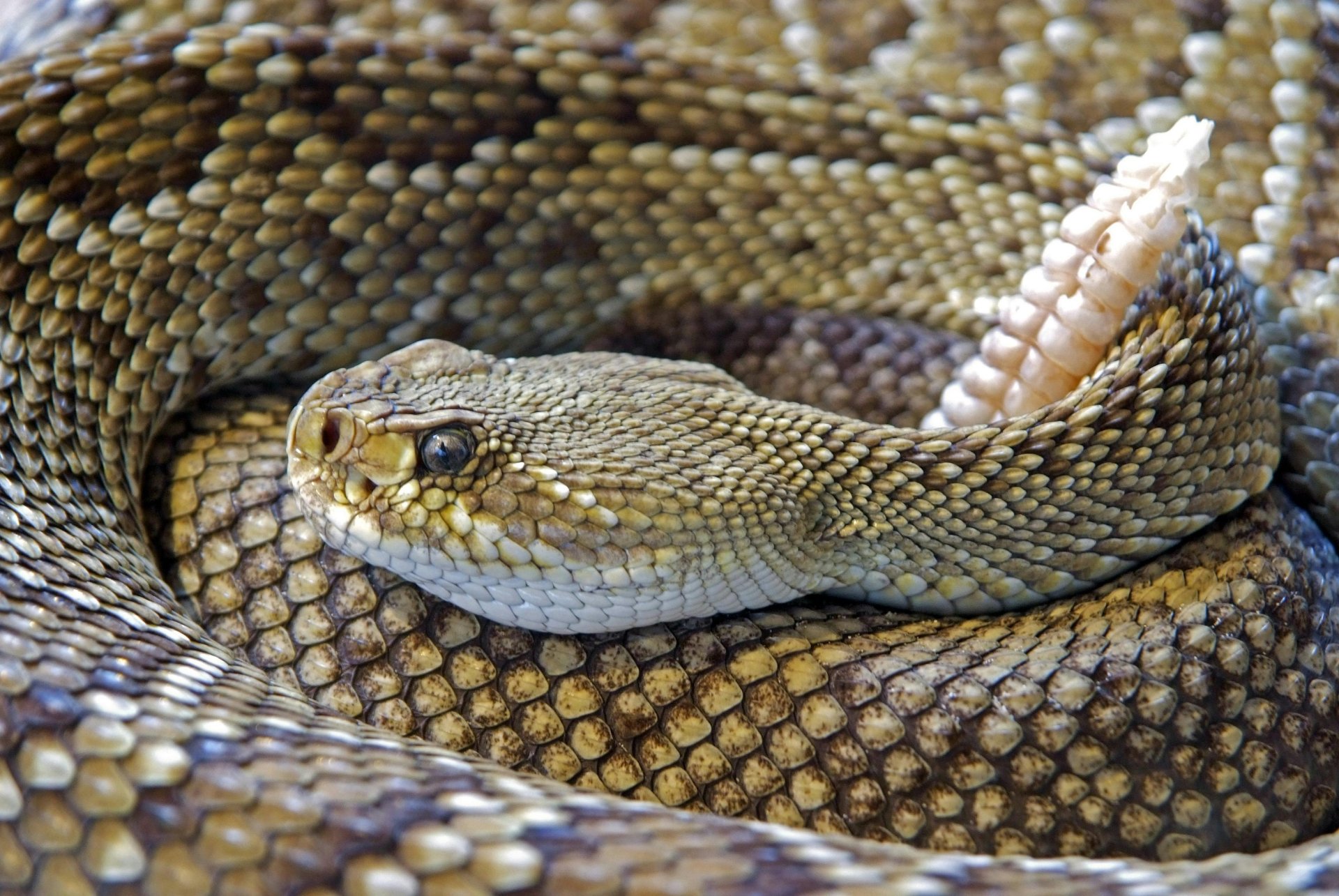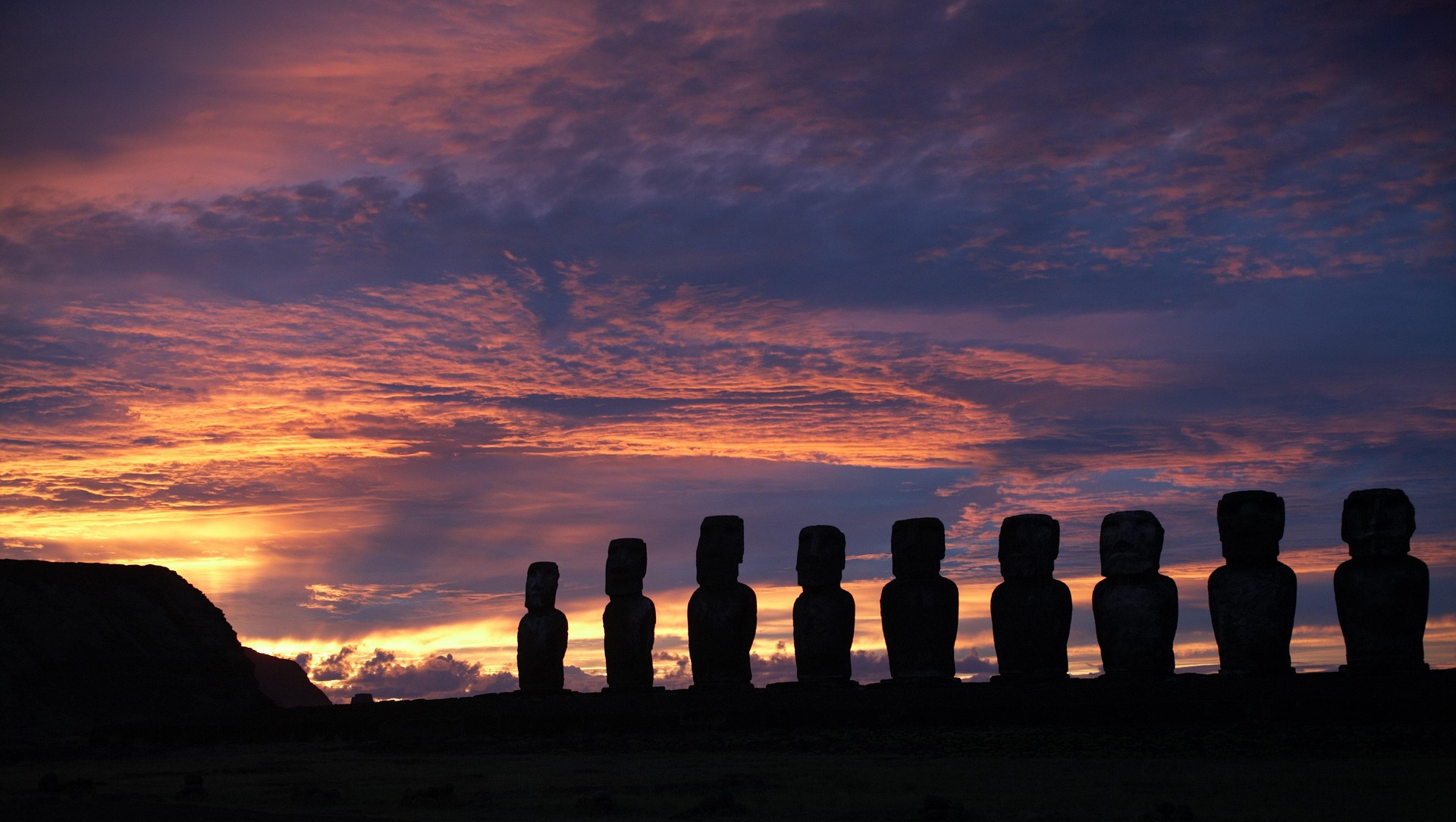Article Highlights:
- Medical Preparations: Learn how to prepare for health risks, find medical care, and manage illness while on Komodo Island.
- Risks of Wildlife Encounters: Understand the dangers of Komodo dragons and other wildlife and how to stay safe.
- Health Risks and Tips: Avoid common travel illnesses like food poisoning with essential safety tips and expert advice.
- Local Food Recommendations: Discover traditional Indonesian foods and know what to try safely.
- Emergency Preparedness: Practical steps for handling emergencies, including dehydration, injury, and food poisoning.
Komodo Island, Indonesia, is a popular destination for adventure-seekers eager to witness the majestic Komodo dragons and explore the area’s rugged natural beauty. However, traveling to a remote location like Komodo Island requires careful planning, especially regarding potential health and safety risks and understanding local wildlife dangers.
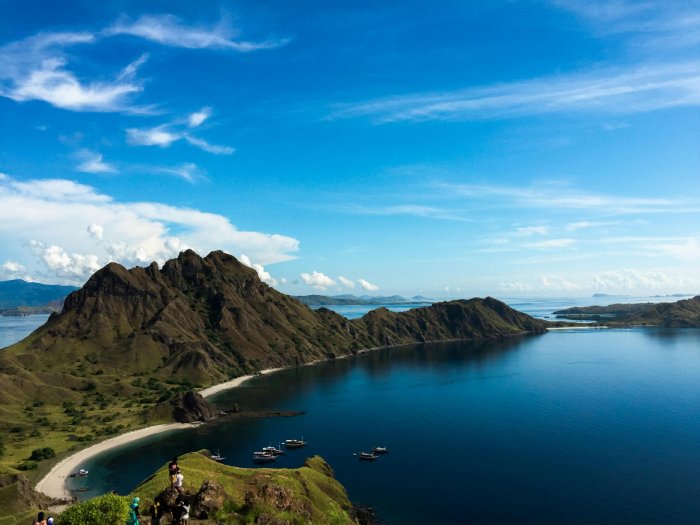
Understanding Wildlife Risks on Komodo Island
One of the main attractions on Komodo Island is the Komodo dragon, a giant lizard with a powerful bite that can cause serious injury or infection. Komodo dragons are dangerous if approached or disturbed, so it’s critical to maintain a safe distance. Always follow the guidance of local park rangers, as they’re experienced with the dragons’ behavior.
Additional Dangerous Wildlife: While Komodo dragons are the island’s most famous predator, other wildlife and environmental factors can pose risks:
- Snakes: Various species of snakes inhabit Komodo Island, some of which may be venomous. Be cautious when hiking and wear closed-toe shoes.
- Jellyfish and Sea Urchins: If you plan to swim or snorkel, beware of jellyfish and sea urchins, as their stings can cause painful reactions.
- Local Insects: Some insects, such as fire ants or stinging caterpillars, can cause allergic reactions or painful stings. If you’re prone to allergic reactions, bring along an antihistamine.
Safe and Delicious Indonesian Foods to Try
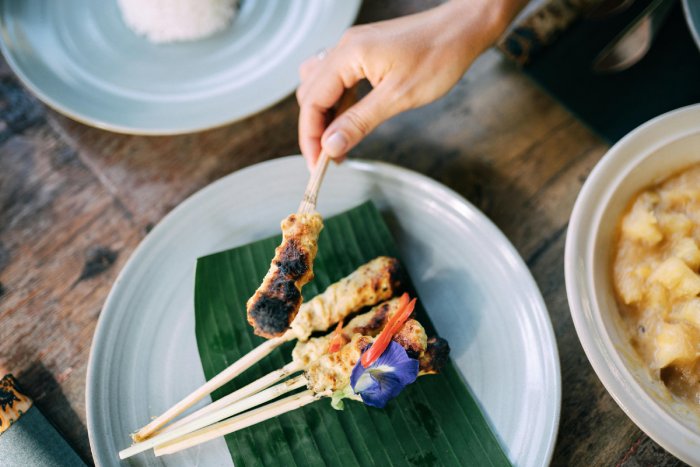
Komodo Island offers a range of traditional Indonesian foods that are delicious and unique to the region. However, to avoid illness, select dishes carefully.
- Nasi Goreng: A fried rice dish with vegetables and protein like chicken or shrimp. This is generally safe and widely enjoyed.
- Satay: Grilled meat skewers, typically served with peanut sauce. Make sure the meat is thoroughly cooked.
- Ikan Bakar: A traditional grilled fish dish that is delicious and safe if appropriately prepared.
- Soto Ayam: A traditional Indonesian chicken soup. Opt for well-cooked and freshly prepared versions.
Jeff Weinstein, a paramedic and medical operations manager for Global Rescue, emphasizes the importance of hydration when consuming local foods: “Drink fluids, boiled water, or factory-sealed bottled water, to replace lost body fluid.” Sticking to well-cooked foods and avoiding raw ingredients, like salads, will minimize the risk of foodborne illnesses.
Common Health Risks and Safety Tips
Traveler’s diarrhea (TD) and food poisoning are common issues for international travelers, often caused by consuming contaminated water or food. “Food poisoning usually happens because you ate something that wasn’t stored or cooked well. It feels like the flu, but the symptoms resolve independently,” Weinstein said.
To avoid foodborne illnesses:
- Stick to cooked foods and avoid raw or undercooked dishes.
- Drink only boiled or factory-sealed bottled water, and avoid ice unless you know it’s made from purified water.
- Carry rehydration salts and drink plenty of fluids to stay hydrated if you get sick.
Preparing for Health Risks on Komodo Island
When traveling internationally, it’s essential to consider potential health risks. Weinstein points out, “When you travel to a place that’s new to you, there are a lot of germs your body is not used to.”
Being in a foreign environment increases the likelihood of encountering unfamiliar pathogens, making preparation crucial.
- Vaccinations: Make sure your routine vaccinations are up to date, and consider additional vaccinations for hepatitis A, typhoid, and rabies. These can help protect against common tropical infections and rabies (a risk given the local wildlife).
- Health Insurance and Traveler Protection: Since Komodo Island has limited medical facilities, consider purchasing traveler health insurance for potential medical care and hospital stays. Also, pick up Global Rescue traveler protection for emergency medical evacuation and medical advisory. In serious cases, you may need to be transported to Bali or Singapore for advanced care.
- Sunburn and Dehydration: The intense tropical sun on Komodo Island can quickly lead to sunburn and dehydration. Wear a high-SPF sunscreen, stay in the shade when possible, and drink water regularly.
- Insect-Borne Illnesses: Mosquitoes on Komodo Island can transmit diseases such as dengue fever and malaria. Protect yourself with insect repellent, wear long sleeves and pants, and consider using a mosquito net when sleeping.
With limited medical resources on Komodo Island, knowing how to respond in an emergency can make all the difference.
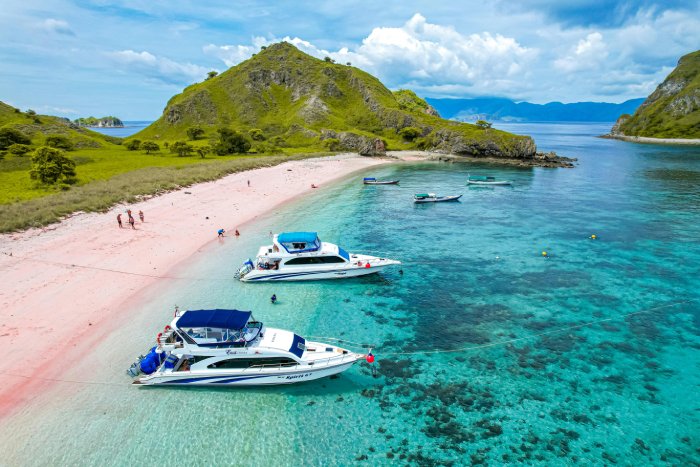
Practical Tips for Staying Safe
- Avoid Close Wildlife Encounters: The Komodo dragon may look fascinating, but it is also a skilled predator. Keep a distance of 10-15 feet and avoid sudden movements that could provoke it. Park rangers are trained to help tourists safely navigate these encounters.
- Hygiene Tips: Wash your hands often and use hand sanitizer before eating. Many cases of TD result from germs transferred through touch, so good hygiene is a simple yet effective defense.
- Travel with Essentials: Pack a travel health kit with rehydration salts, antiseptic wipes, bandages, and prescribed medications. It’s also a good idea to have a small flashlight or headlamp in case of nighttime emergencies, as Komodo Island is relatively remote and may have limited lighting in some areas.
The Global Rescue Connection
Komodo Island is a stunning destination with unique wildlife and rich culture, but staying prepared for potential health risks will make your trip safer and more enjoyable. With precautions, you can enjoy Komodo Island’s natural wonders without compromising your health or safety. Remember to stay aware of your surroundings, respect local wildlife, and be cautious with food and water. Following these guidelines will give you a memorable and safe adventure on Komodo Island.
Your Global Rescue membership provides services for emergency field rescue from the point of illness or injury, medical advisory, traveler assistance, destination reports, event alerts, and medical evacuation transport home and (for applicable memberships) virtual healthcare access and security services.
As members, please contact us whether it’s a major or minor emergency.
- Did you sustain a major injury or get sick? Head injury? Wildlife bite? Dengue? Heat exhaustion? Heart attack? Contact us immediately and an on-staff expert will answer and assess your circumstances and arrange for your medical evacuation, if necessary.
- Do you have a twisted ankle, or is it a fracture? Is your severely upset stomach due to food poisoning? Is that strange bug bite getting worse? Initially, it may seem like a minor injury or illness, but you can make certain by contacting Global Rescue. You will get real-time access to doctors, paramedics, and nurses who will help you sort out the do’s and don’ts based on your unique situation and symptoms. It’s part of your membership services.
- Did you run out of a prescription, lose your passport or hear a flash flood warning? There may be a local language barrier you need to overcome. You’re just one call away from help from travel advice experts who will keep you safe and prepared, whether identifying where you can refill your prescription, changing your destination to avoid a natural disaster threat, or finding translation services. Again, it’s all part of your membership.
Contact Global Rescue at +1 (617) 459-4200 or ops@globalrescue.com or operations@globalrescue.com
For Global Rescue member benefits to apply, Global Rescue must provide emergency rescue or transportation response services. Global Rescue will not pay for a self-arranged rescue, and if emergency or rescue services are arranged by anyone other than Global Rescue, it is considered the same as a self-arranged rescue. Global Rescue is a service provider, not an insurance company, and we are legally not allowed to reimburse members for rescue costs or any transportation services.
If you experience a life-threatening emergency and are within the range of an emergency service — like 911 in North America, 112 in Indonesia or 999 in the UK — contact them immediately. Are you using a satellite communications device? You should review the instructions regarding your device’s SOS features and procedures. Understand who receives the SOS message signal when sent and what services the SOS monitoring provider offers.
After you are safe and stabilized and need to communicate with Global Rescue, you must contact Global Rescue directly by phone at +1 (617) 459-4200 or by sending an e-mail or through a messaging device to ops@globalrescue.com or operations@globalrescue.com – these are the most straightforward ways of obtaining service.


